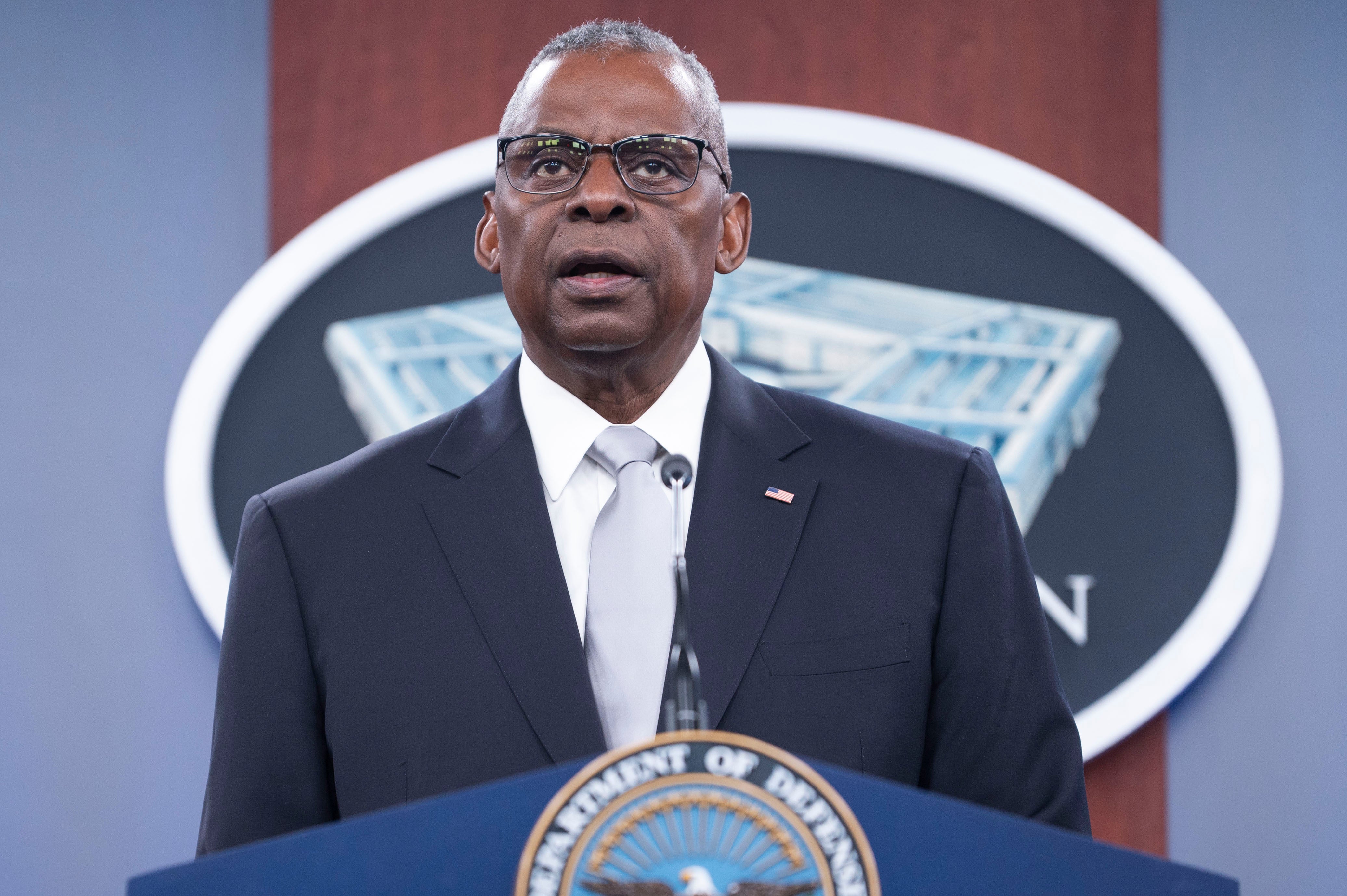Defense chief on the defensive: Lawmakers to confront Austin on secret hospital stay
Defense Secretary Lloyd Austin is expected to face Congress publicly for the first time this week to explain his failure to quickly notify the president and other senior leaders about his hospitalization last month for complications from prostate cancer surgery

Defense Secretary Lloyd Austin will face Congress publicly for the first time Thursday to explain his failure to quickly notify the president and other senior leaders about his hospitalization last month for complications from prostate cancer surgery.
He is expected to hear some sharp questions and criticism from members of the House Armed Services Committee for keeping his hospital stay secret for days, including from President Joe Biden. A number of Republicans have blasted him for the lack of transparency and used the incident to slam the Biden administration for not keeping Congress informed.
The lapse has raised questions about whether there were gaps in the command and control of the nation's armed forces, including its nuclear arsenal. The Pentagon has insisted there was no break in control as Austin transferred authorities to the deputy secretary.
Austin's remarks to the committee will likely mirror a mea culpa that he delivered in a press briefing early this month. He has taken full responsibility for the communications failures and apologized, and the department has ordered a number of changes and improvement in the procedures.
Austin was diagnosed with prostate cancer in early December and went to Walter Reed National Military Medical Center for surgery on Dec. 22. On Jan. 1, he was taken back to Walter Reed by ambulance after experiencing significant pain, and was moved to the intensive care unit the next day.
Pentagon officials have acknowledged that public affairs and defense aides were told on Jan. 2 that Austin had been hospitalized but did not make it public and did not tell the military service leaders or the National Security Council until Jan. 4. Only then did Biden find out. It took four more days before the reason for his hospitalization was disclosed.
A newly released internal review — which was done by Austin’s subordinates — largely absolved anyone of wrongdoing for the secrecy surrounding his hospitalization. The review concluded there was “no indication of ill intent or an attempt to obfuscate,” and it blamed communications failures on privacy restrictions and staff hesitancy to seek or communicate timely information about Austin’s health and condition.
The secretary spent several days in intensive care and transferred decision-making authorities to Deputy Secretary Kathleen Hicks during that time and when he had the initial surgery in December. He did not, however, tell her why and he did not inform the White House.
Department officials did a classified briefing with senators on Tuesday that got mixed reviews.
Sen. Deb Fischer, R-Neb., criticized the decision to make the briefing classified, saying the public deserves to know details about the communications breakdown. And she said the Defense Department must, at a minimum, “consider how to inform Congress about future gaps in command — as required by current law.”
The chairman of the Senate Armed Services Committee, Sen. Jack Reed, D-R.I., called the internal review a “starting point” and said the briefing was intended to ensure that communications problems don’t happen again.
In his press briefing on Feb. 1, Austin said the cancer diagnosis "was a gut punch. And, frankly, my first instinct was to keep it private.” He acknowledged he handled the matter badly and said he apologized to Biden.
The internal review said procedures must be improved and information shared better when the defense secretary must transfer decision-making authorities to the deputy. The Defense Department’s inspector general is also conducting a review, which has not yet been completed.
Subscribe to Independent Premium to bookmark this article
Want to bookmark your favourite articles and stories to read or reference later? Start your Independent Premium subscription today.
